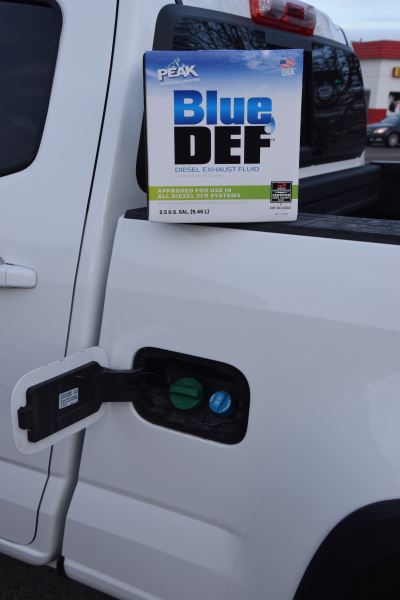Common Problem #1: Excessive And/Or Ineffective Regeneration

Yes, excessive regeneration is a problem that is all too common, especially for the pre-2010 engines. The engines can easily shove too much soot into the DPF for the regeneration process to handle. That’s when the DPF gets clogged. The excessive soot itself can be caused by normal stop-and-go driving in densely populated areas, but the problem is more noticeable when the likely causes are over-fueling injectors, EGR problems, or turbo failures. Engine oil or EGR coolant can also get thrown into the exhaust from such upstream failures and add to clogging.
“Intake air leaks can even contribute,” adds Giannini. “The engine is not getting enough air for the amount of fuel being injected. That situation produces more soot and will work the regeneration process harder as well.”
Eventually, the DPF could become too clogged for any regeneration process to even work, which eventually results in total failure of the after-treatment system. In that case, the entire expensive system will need to be replaced. You’ll know if the system is about to fail if the exhaust makes an unusually loud whistling noise. One of the best ways to address this issue and prevent system failure is to use additives to help the fuel burn cleaner. An example of such would be AMSOIL’s Diesel Concentrate.
“Also, be sure you’re using the right fuel for the right time of year,” suggests Giannini. “Don’t use #2 Diesel during the winter.”
You can also reduce regeneration by running your truck on the highway more often. “People are not letting their trucks get up to speed to let the DPFs burn off. That’s what makes them clog,” the Chevy service manager says with determination. “To prevent that, I recommend the owner to hop on the highway and drive about 20 to 30 minutes at least once during the day.”
These problems can still occur on engines manufactured in 2010 or later, but they don’t happen as often, because these engines use diesel exhaust fluid (DEF) with their selective catalytic reduction (SCR) systems to help expedite the DPF cleaning process.